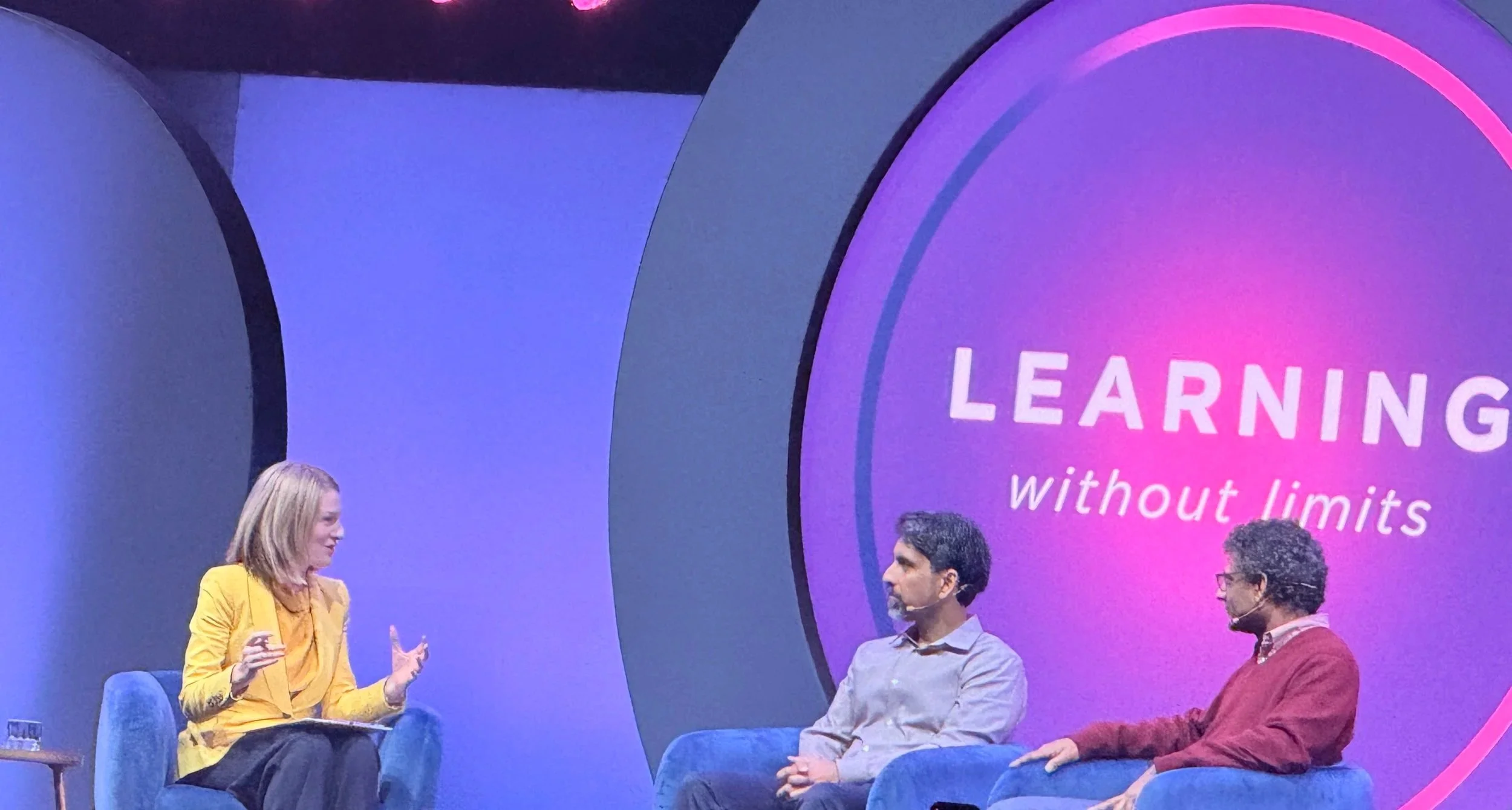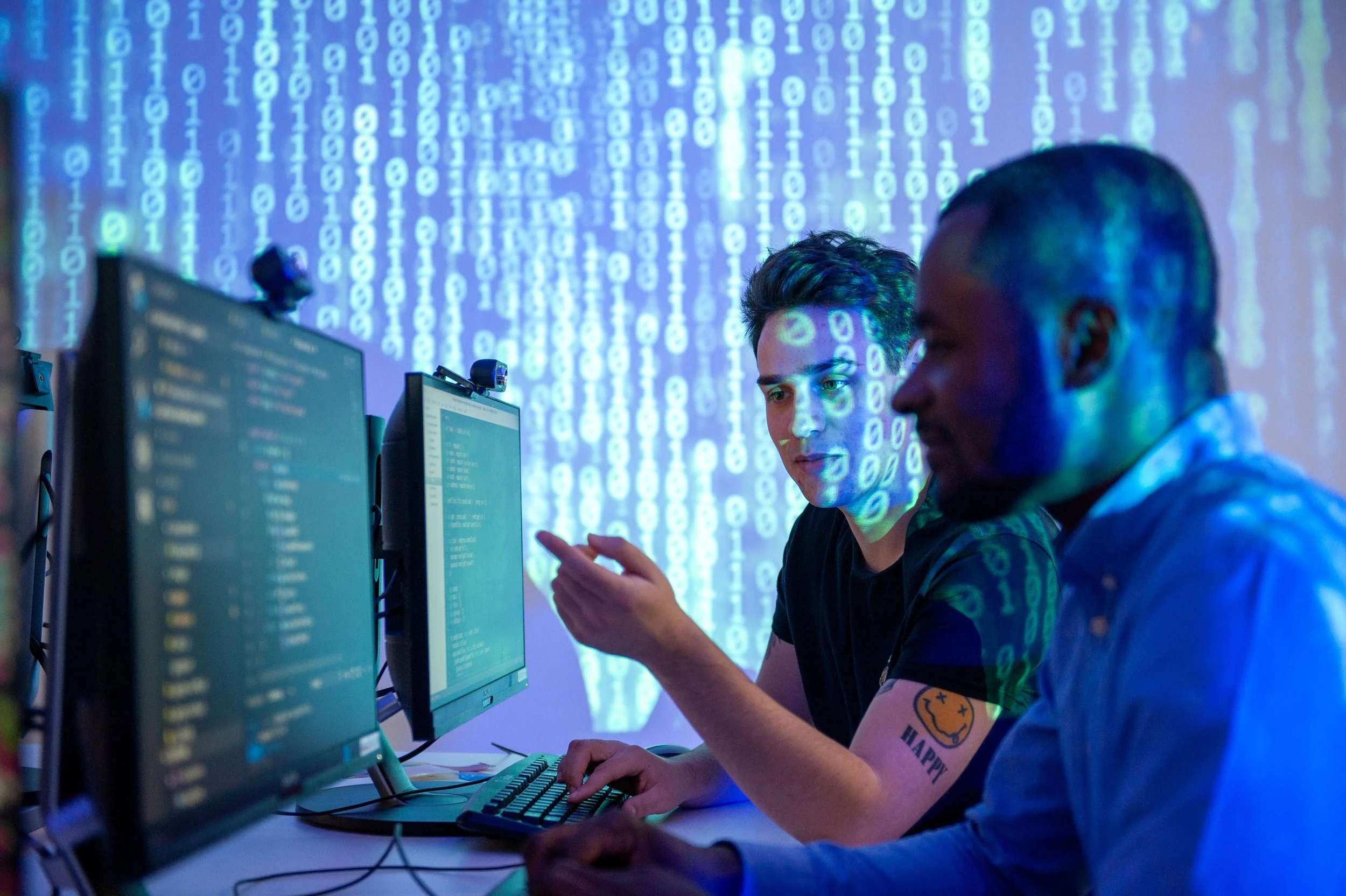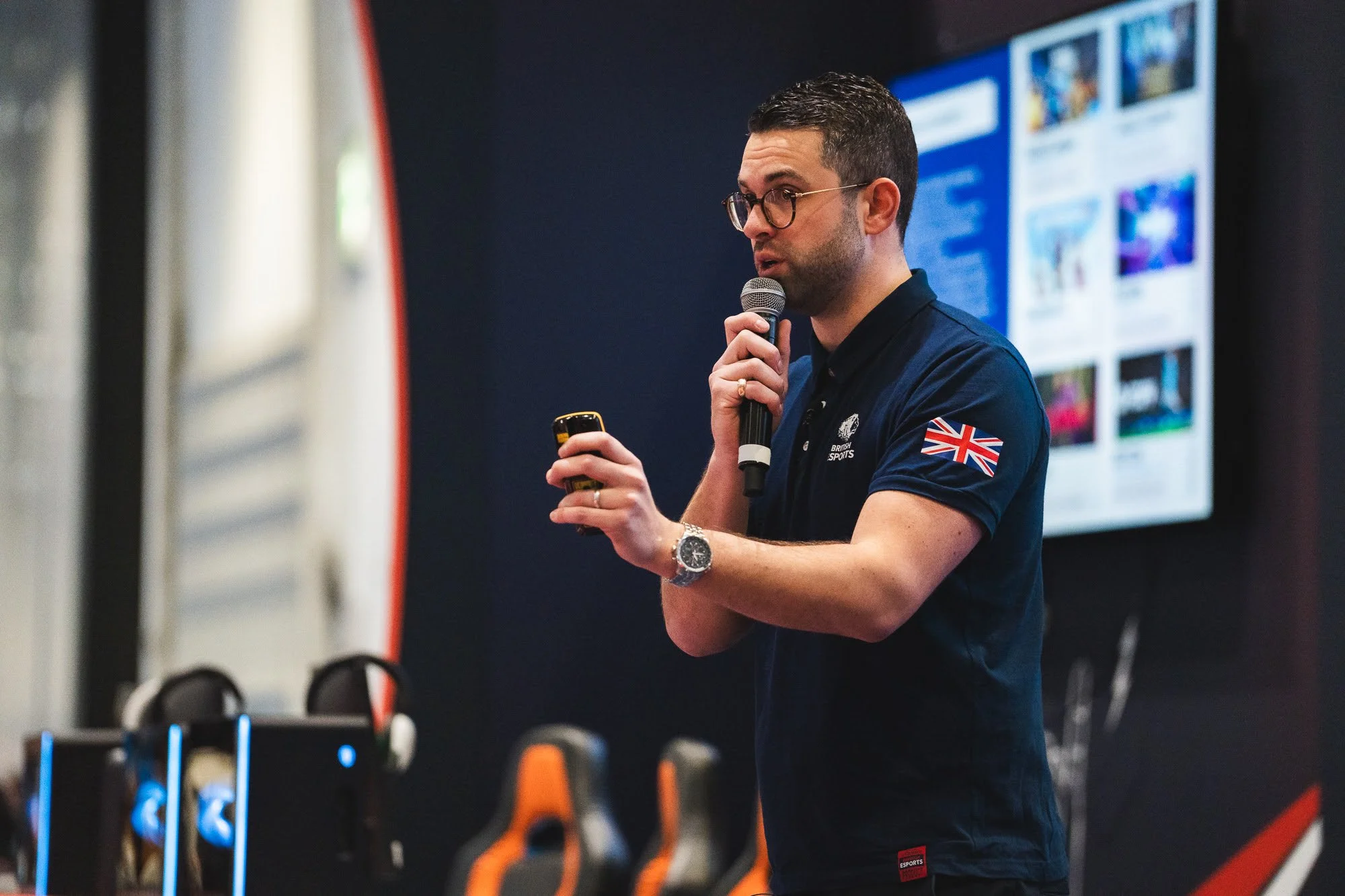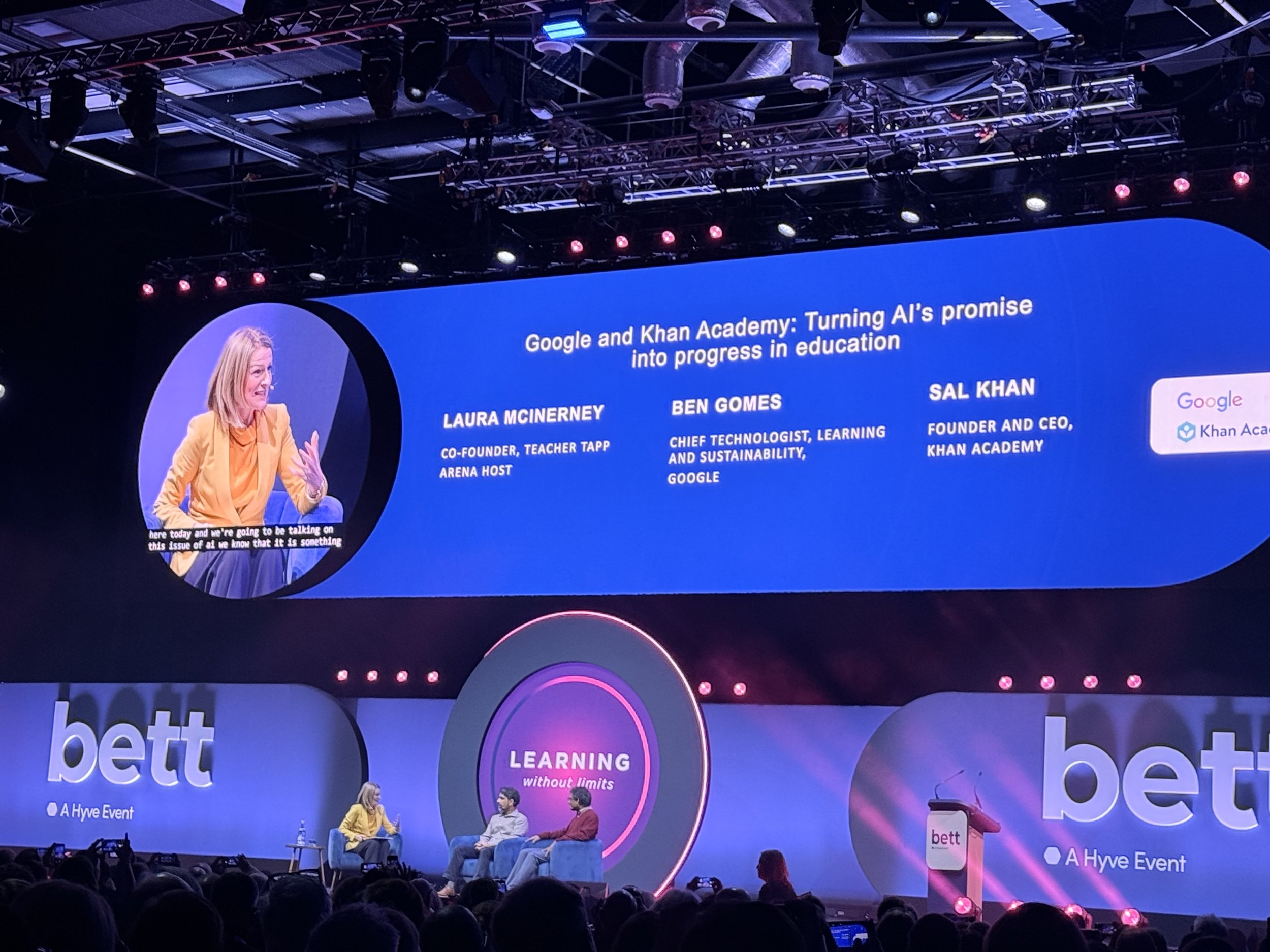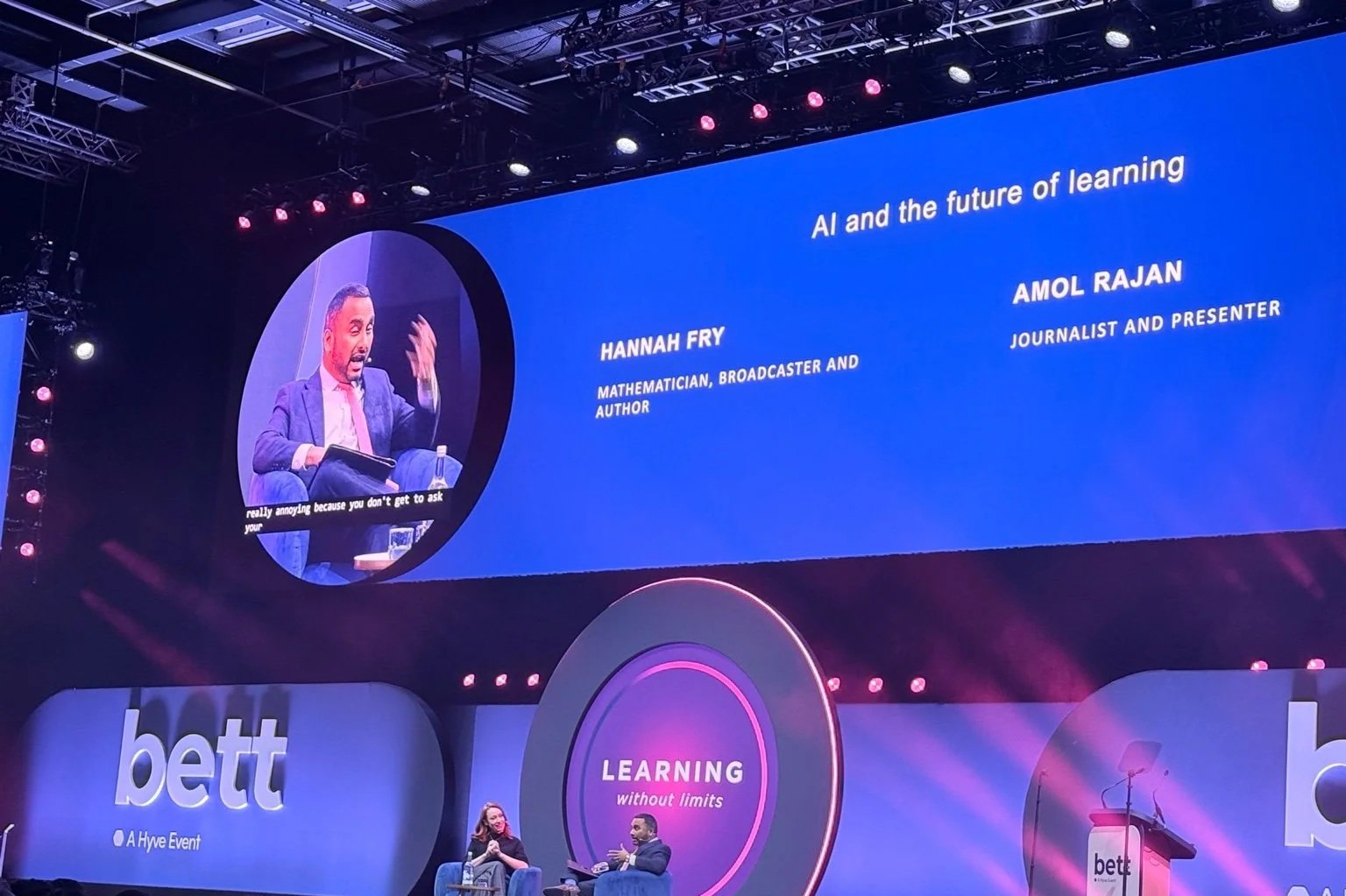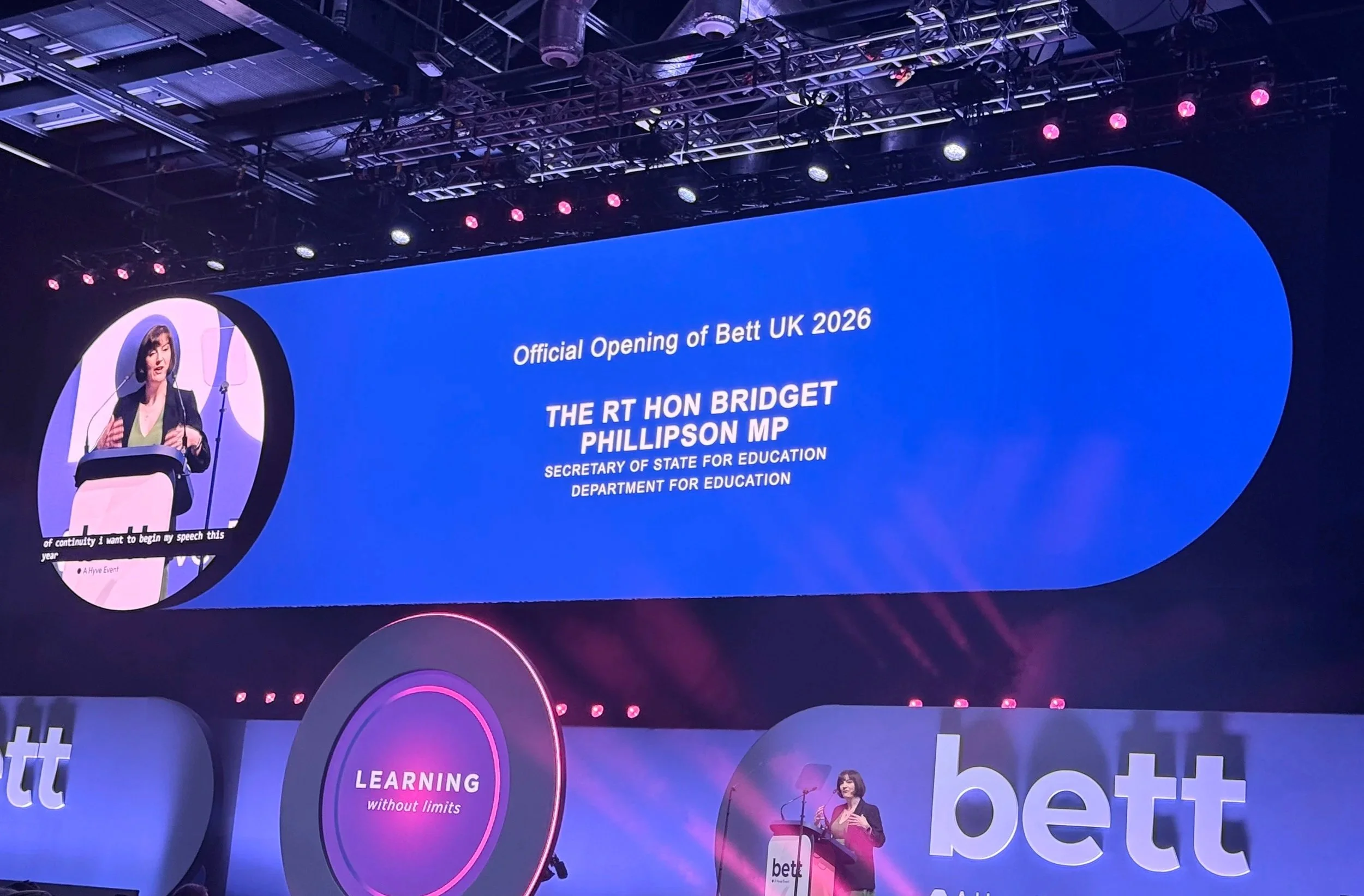Teachers are not replaceable, UNESCO paper argues in new guidance on AI in education
In a LinkedIn post, Mutlu Cukurova, Professor of Learning and Artificial Intelligence at University College London, confirmed the release of a new position paper by the UNESCO Teacher Task Force titled Promoting and Protecting Teacher Agency in the Age of Artificial Intelligence.
Cukurova writes: “It has been a privilege to lead the New Position Paper Released by the UNESCO Teacher Task Force: Promoting and Protecting Teacher Agency in the Age of Artificial Intelligence. It builds on the collective wisdom and knowledge of colleagues in the Digital & AI Thematic Group and a wide array of Teacher Task Force members and others from governments and international organisations to civil society and teacher unions as highlighted in the acknowledgments.”
He adds that the paper “makes a simple but urgent claim: teachers are not replaceable, and presents arguments for why this is the case. This isn’t a slogan; it should be a governance principle.”
Teachers are not replaceable
The UNESCO Teacher Task Force paper sets out a clear position that teachers must remain central to education systems, even as AI tools become more prevalent. It argues that while AI can support teaching by automating certain tasks, enhancing resources, and providing data-driven insights, it cannot replicate the relational, ethical, and human dimensions of teaching.
The paper stresses that framing teachers as replaceable risks undermining professional identity and reducing education to a purely technical process. It notes that effective teaching requires empathy, judgment, and the ability to respond to diverse student needs, capabilities that cannot be automated.
Cukurova summarizes this point in his post: “It highlights both opportunities and risks of AI in Education, weaving together existing research evidence, policy positions, and lived experiences of stakeholders into a set of recommendations that are not only technically sound but also politically and socially grounded.”
Opportunities and risks of AI in education
The paper also identifies areas where AI can create value, including lesson planning, personalized learning resources, and assessment support. These applications have the potential to reduce teacher workload and improve efficiency, particularly in resource-constrained settings.
At the same time, it outlines risks. These include bias in AI systems, threats to student privacy, and the potential for teachers to be de-professionalized if AI tools are positioned as substitutes rather than supports. It also highlights the danger of widening digital divides, with schools in wealthier systems better able to adopt and adapt AI technologies than those in low-resource contexts.
The authors stress that AI should not be treated as a solution to deeper systemic problems, such as underfunded education systems, lack of support for teachers, and insufficient recognition of the profession’s role in delivering quality education.
Cukurova echoes this in his post: “It argues that AI should not be considered the sole solution to deeper structural problems in education systems which originate from a lack of funding, poor support for teachers, and a lack of recognition of teachers as critical to the delivery of quality education.”
Recommendations for policy and practice
The paper provides a series of recommendations for governments, international organizations, and education institutions. It calls for embedding the principle that teachers are not replaceable into governance frameworks for AI in education, while also ensuring that teachers are meaningfully involved in the design, procurement, and deployment of AI systems.
Professional development is highlighted as a priority, with the authors stressing that teachers need support to critically evaluate and effectively use AI tools. Alongside this, the report urges the development of policies that safeguard teacher autonomy, protect data privacy, and uphold ethical practice. It also warns against over-reliance on AI, arguing that human judgment must remain central in all educational decisions.
The report concludes that collective action will be required, bringing together governments, civil society, teacher unions, and technology providers to ensure AI in education strengthens rather than weakens the profession.
The paper situates itself in contrast to polarized narratives of AI as either a threat to teaching or a utopian solution. Instead, it calls for evidence-based and socially grounded policy frameworks that protect teacher agency while leveraging AI responsibly.
Cukurova concludes his post: “I hope that the paper helps us move the discourse beyond the polarising narratives of dystopian fears and utopian promises surrounding AI in education and it is an open invitation for collective action going forward.”
The ETIH Innovation Awards 2026
The EdTech Innovation Hub Awards celebrate excellence in global education technology, with a particular focus on workforce development, AI integration, and innovative learning solutions across all stages of education.
Now open for entries, the ETIH Innovation Awards 2026 recognize the companies, platforms, and individuals driving transformation in the sector, from AI-driven assessment tools and personalized learning systems, to upskilling solutions and digital platforms that connect learners with real-world outcomes.
Submissions are open to organizations across the UK, the Americas, and internationally. Entries should highlight measurable impact, whether in K–12 classrooms, higher education institutions, or lifelong learning settings.
Winners will be announced on 14 January 2026 as part of an online showcase featuring expert commentary on emerging trends and standout innovation. All winners and finalists will also be featured in our first print magazine, to be distributed at BETT 2026.







